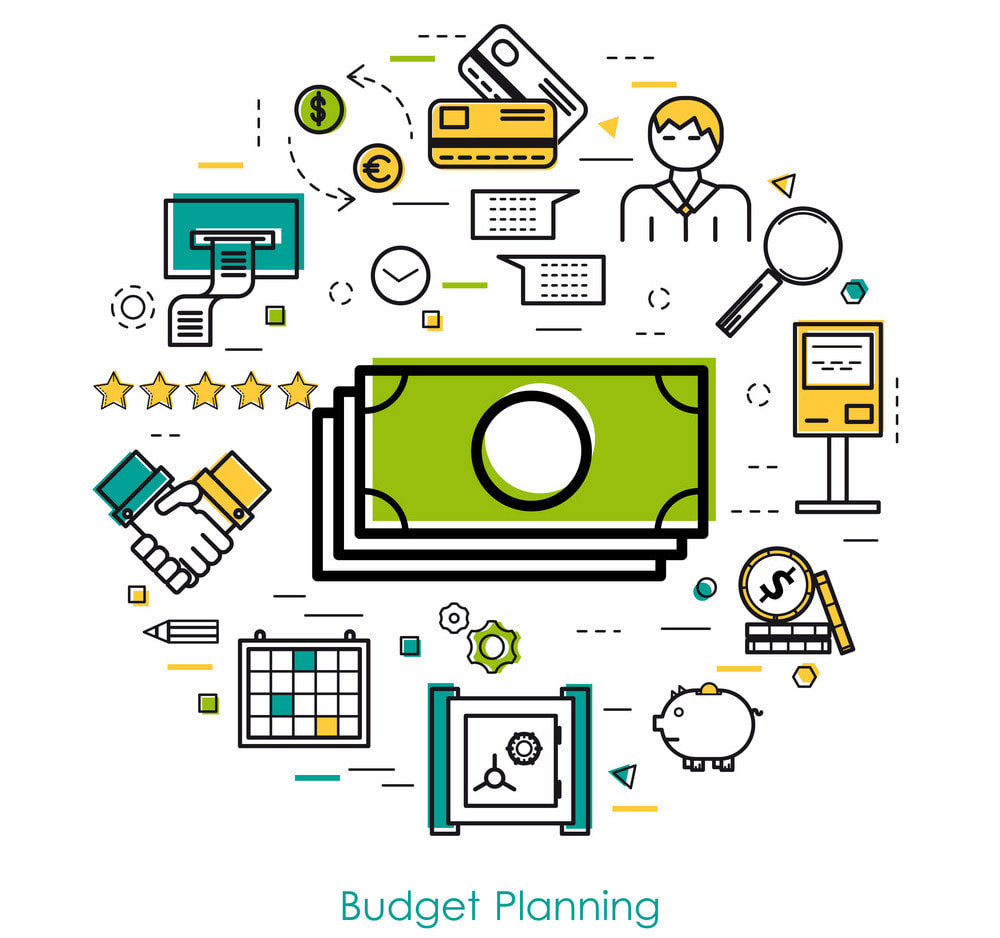|
Published on thrivetalks.me It's so easy to get lost in the jargon of financial planning. The amount of advice and products out there make the process complicated. No matter how complex a portfolio or money plan can get there are always the same basics to any plan and if you have a system and categorise things you will find this whole thing called finance can actually be quite simple and easy! So this is where to start: We are told to create and build a portfolio, make your money work for you, invest and make growth over the long term. With all this going on, it is easier to procrastinate until things seem somewhat impossible and so, most do this. In fact, the problem we face today, globally, is that 90% of people do not have enough money to live the life they want. They get to retirement with little or no money or just enough to get by. In addition, we face the major problem of governments no longer able to sustain taking care of us and so it has become absolutely paramount we take care of ourselves. What to do and where to start are the questions. The Basics; 1) Have a set budget for your living expenses - create a system between your bank accounts so you cover all your bills, even the ones that don't come out monthly. Include a 'Miscellaneous' fund for those unexpected expenses because you should in fact expect them. Having an accurate budget allows you to focus on your goals of building wealth. 2) Build and retain an emergency fund. Firstly, this is not the same as your miscellaneous fund. Miscellaneous expenses come out every month, you just don't know what it will be for. Your emergency fund is for just that. You might find you use it three to four times a year - if that. It could be for things such as an emergency medical, family emergency or redundancy. Redundancy is the most common reason an emergency fund gets used. Aim to build up three months of your income for this fund. Not having an emergency fund means you could end up cancelling investments and potentially losing a lot of money to cover that expense. This is also the number one reason people fall into debt, because they end up having to borrow it and the cycle happens again - another emergency, another credit card or loan. Having an emergency fund is crucial to you achieving your money goals. 3) Ensure you have adequate medical insurance, critical illness insurance and life insurance. The statistics of people getting sick is so high these days that you are 7 times more likely to have a serious illness before the age of 60 than dying. We are now at a time where 1 in 2 people are diagnosed with cancer. Many people are starting families later in life which means at the age of 60, their children are still very much financially dependent. Therefore, in the event of death, there would be a huge financial impact on their family and dependents. Only 1 in 4 people have adequate insurance leaving 3 out of 4 people with not enough or no cover at all. Ask yourself, 'what would be the financial impact to myself and my family if I was unable to work, or died whilst I have dependents?' Many people rely on their employers, but what would happen if you were no longer able to work? Ensure you have adequate cover; it simply is not worth the potential consequences. A simple term assurance would suffice. 4) Diversify your savings. There is not one type of investment that is best; it just depends on the time you want to access your money. Markets go up and down and you should expect that. Just give yourself different pots to take money from. So if one area is not doing well, take it from another. Have money in cash, invest in property and buy equities. Start with that. What's most important here is having the discipline to save every month. Once you know you can do that, start putting it away for different time frames - 5 years, 10 years and 15 years. 5) Review and adjust. As important if not more important to having a plan is regularly reviewing it. Goals change and life happens so make sure you are on top of it all. It also helps to hold yourself accountable. So many people took out some sort of plan years ago and have never looked at it again! Meanwhile, their circumstances have changed and the world's economic state has changed. We have to keep reviewing our plans to make sure they are still aligned to what we want to achieve. Create a money plan that is aligned to what YOU want - not what others want you to have or what the world tells you you need. What is most important is that you take responsibility for your own financial well-being. In the end, nobody cares more about your money than you do. https://www.thrivetalks.me/journal/the-basics-of-any-money-plan
0 Comments
Leave a Reply. |
Archives
September 2019
Categories
All
|




 RSS Feed
RSS Feed




